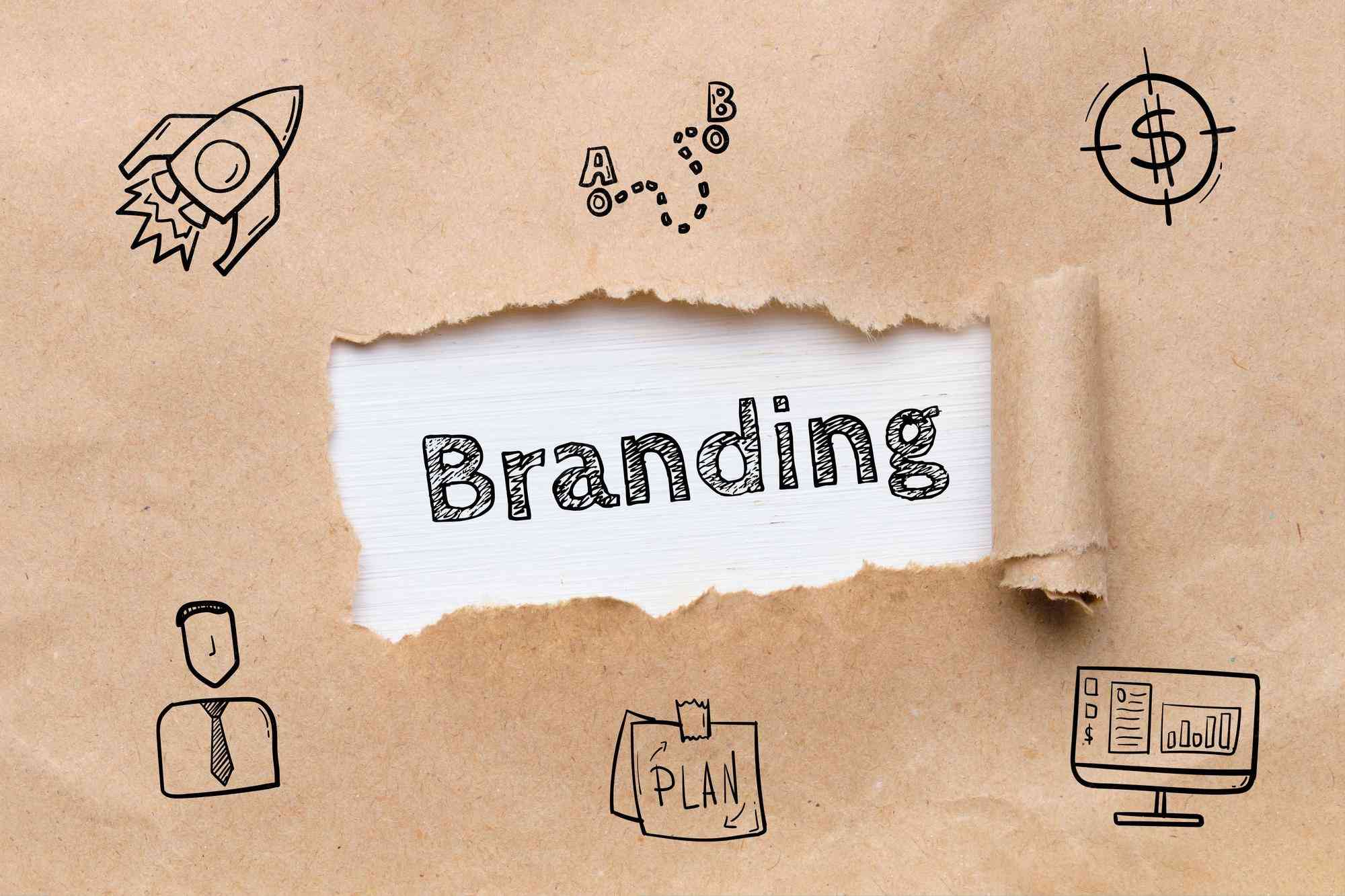
The comparative advantage of an entrepreneurial business should go beyond differentiation through general branding.
This is when we consider knowledge repository and exchange to be the driver for innovation and business continuity. In this perspective we rename our businesses through what we do best as learnt from others and developed by us.
That is when learning within organisations goes beyond individual performance to uplift both the face value and improve the bottom-line of the organisation as whole.
Here we do not only reflect on pedagogies that are for certification but those that help to improve the way we do business and relate with others (both internal and external stakeholders) which ultimately contributes to ownership of a bigger market share.
In this edition we then proceed with our brand visibility goal riding on our own home-made S.P.E.L.T model for entrepreneurial brand mix.
Here we focus on the forth acronym which is L-Learning Organisations.
To me this seems to be an ignored practice by many of our enterprises for some reason(s) but as we grow it must be cherished as a must do exercise. We help each other to see how the same practice contributes to a high brand equity by our SMEs.
To start with it is imperative to strike a balance between individual member gains from learning and organisational success (as reflected in a brand ascendancy, business longevity and sustainability).
- Business opinion: Managing brand content online
- In Full – Zimbabwe 42nd Independence Day speech by President Mnangagwa, April 18, 2022
- Which innovations are driving PR in 2022 and beyond?
- Business opinion: Branding through Artificial Intelligence
Keep Reading
In the sense that both parties should continuously improve through learning from any/everything they do.
What are we doing as visionary owners of our SMEs when it comes to promoting and practising Organisational Learning?
Many will take this as a rhetoric question that must be directed to those they call giant corporates. My response is that it must be the DNA of our entrepreneurial businesses.
We then take a nosedive into a Learning Organisation as a business subject matter that leads a business to learn from its successes and failures. Which is highly evident in our SMEs operations where failure cannot be easily and totally eliminated.
Though some motivational speakers will always say “failure is not an option”, but we also learn as it comes in our ways.
In this drive we reflect, learn and adjust from our failures to develop the right product/service, accurately forecast markets and do an effective/efficient allocation of our resources.
The same with success, we will then be encouraged to continuously search for newer and better ways to take us above where we reached last time.
In short, Learning Organisations react and act as they grow in their various industries of focus.
This concept has become a branding mix element for various global giants as they have mastered and configured the same in their operations. We look at some brand equity success stories of Microsoft, Apple, Toyota Motor Co. and so forth.
It is not by any chance/mistake/serendipity but through riding on this pillar as we shall expose some of the benefits especially in the branding of our SMEs.
In this light we proceed to advise our SMEs in Zimbabwe and across the globe on how the can configure and be able to tap fortunes from this element. Learning within the organisation should be systematic so as to become not only part of the organisation’s vision but daily routine. As the Owner/CEO of the SME your role is to espouse Organisational Learning especially through recognising and rewarding those who are moving with the agenda.
For the lower levels to be part of this drive they should be both intrinsic and extrinsic value obtained. Promotions and financial rewards will go far in developing and branding an SME as a Learning Organisation.
At any point in time every member of the organisation should foresee a lucrative career path through learning (both self and organisational led).
This can even help in improved global organisational brand identity and visibility led by successful milestones and stories emanating from employee/employer branding practices through supportive learning.
That is the same reason why one of the great CEOs/Founder of a local telecommunication company in Zimbabwe considers the capacity to read as an important skill to succeed in business.
Yet most of our potential SMEs and corporates discourage further learning as they do not give support to their employees (mainly in the name of cutting costs).
Just to remind a learned employee is an asset to the business and a low hanging fruit for the organisation’s brand excellence.
That is the same reason why most contemporary organisations have established talent management (to retain the best talent) to be part of their human resources management practices.
As a follow-up to the abovementioned there is need to consider learning as part of the vision and mission of the organisation.
Learning becomes more strategic to inform/influence not only the objectives and values of the SME business but also to effectively manage the overall structure of the organisation.
Reflect on your own structure in order to start this practice and surely it is never too late to reconfigure.
This marks the end of the first edition where next time we continue to unpack and share how entrepreneurial branding can be achieved through Learning Organisation as contemporary mix.
Till then we reflect and become better in our drive towards growth and being global.
- Dr Farai Chigora is a businessman and academic. He is the head of business science at the Africa University’s College of Business, Peace, Leadership and Governance. His doctoral research focused on business administration (destination marketing and branding major, Ukzn, SA). He is into agribusiness and consults for many companies in Zimbabwe and Africa. He writes in his personal capacity and can be contacted for feedback and business at [email protected], WhatsApp mobile: +263772886871, Website www.fachip.co.zw







